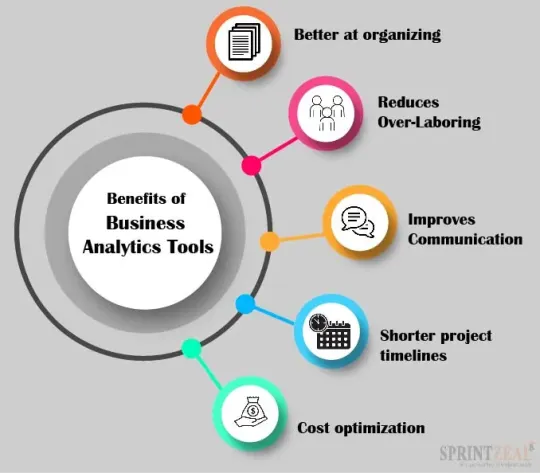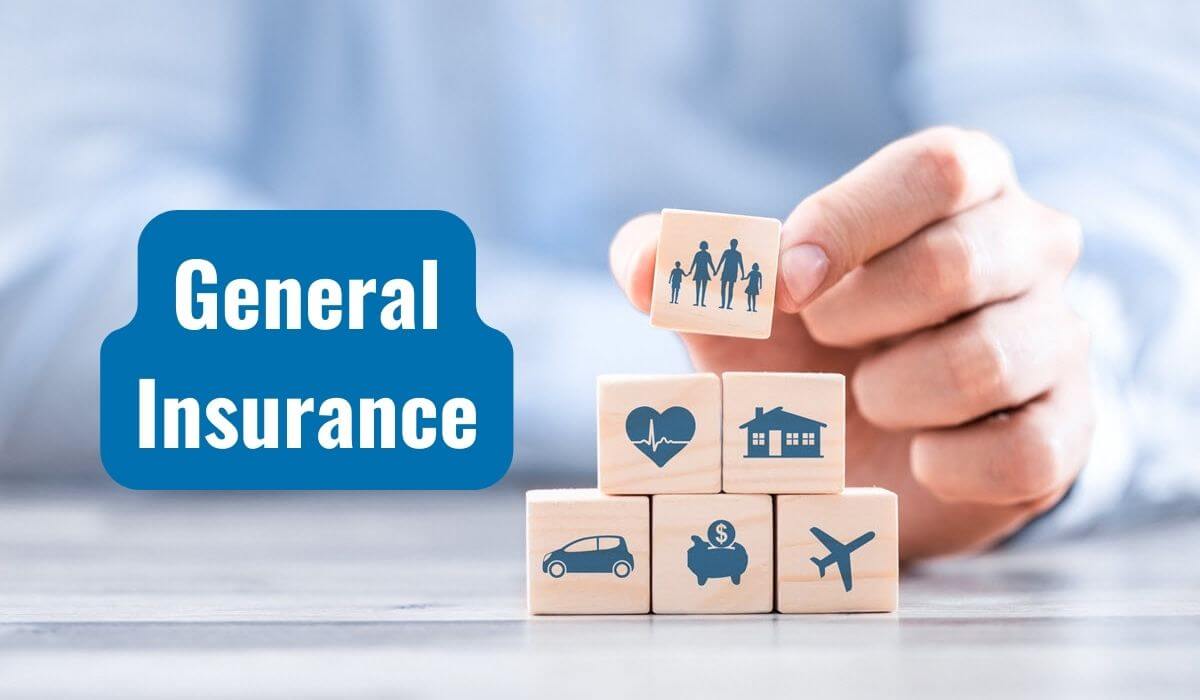Physical Recovery
Recovering from a car accident can be an arduous and protracted ordeal that entails a panoply of medical interventions, rehabilitative exercises, and pain management strategies. The physical toll of a car accident can manifest in a myriad of ways, from lacerations and contusions to debilitating fractures and traumatic brain injuries. For many victims, the road to recovery is fraught with challenges and setbacks that test their physical resilience and mental fortitude.
In the immediate aftermath of an accident, victims may require emergency medical attention to stabilize their condition and mitigate further harm. Depending on the severity of their injuries, they may need to undergo surgery to repair damaged tissues and bones. Once their immediate medical needs have been addressed, victims typically embark on a course of rehabilitation therapy to regain mobility, strength, and function. This process may involve a combination of physical exercises, occupational therapy, and speech therapy, tailored to the individual’s specific needs and the extent of their injuries.
Pain management is often an integral component of the recovery process. Victims may experience acute pain from their injuries, as well as chronic pain that persists long after the initial trauma. To manage pain effectively, doctors may prescribe a range of medications, including over-the-counter pain relievers, opioids, and antidepressants. In some cases, alternative therapies such as acupuncture, massage therapy, or physical therapy may provide additional relief.
Recovery from a car accident can be a long and arduous journey, but it is one that can be traversed with a steadfast commitment to rehabilitation and support from loved ones. With patience, perseverance, and a positive mindset, victims can reclaim their physical abilities and rebuild their lives after the trauma of a car accident.
The emotional and psychological toll of recovering from a car accident should not be underestimated. Victims may experience a range of emotions, including fear, anxiety, depression, and post-traumatic stress disorder (PTSD). It is crucial for victims to seek professional help if they are struggling with these emotions, as they can interfere with their recovery and overall well-being.
Car Accident Recovery: A Journey Through Physical, Emotional, and Legal Challenges
The aftermath of a car accident can reverberate far beyond the wreckage, leaving victims grappling with a complex array of challenges. From the physical toll of injuries to the emotional scars that linger, the road to recovery is a demanding one. This comprehensive guide will delves into each facet of car accident recovery, empowering you with insights and support every step of the way.
Emotional Recovery
The emotional toll of a car accident can be profound, leaving victims reeling from a roller coaster of emotions. Anxiety, depression, and post-traumatic stress disorder (PTSD) are common companions, disrupting daily life with intrusive thoughts, flashbacks, and a sense of fear and vulnerability. These psychological wounds can reverberate through relationships, work, and overall well-being. Fear of driving, avoidance of certain places or situations, and difficulty concentrating or sleeping are just a few of the ways emotional trauma can manifest.
Victims of car accidents may experience a range of emotional responses, from overwhelming fear and anger to guilt and shame. These emotions can ebb and flow, with triggers like driving, seeing a car accident, or even encountering certain smells or sounds evoking the trauma. The healing process can take time and effort, but it is possible to overcome these emotional obstacles and emerge stronger from the experience.
Seeking professional help is crucial for emotional recovery. Therapists and counselors can provide a safe space to process the trauma, develop coping mechanisms, and gradually rebuild a sense of safety and control. Support groups can also be invaluable, offering connection with others who have experienced similar trauma and can relate to the challenges of recovery.
Car Accident Recovery: A Comprehensive Guide
When the dust settles after a car accident, the road to recovery can be a long and bumpy one. Physical, emotional, and financial wounds can linger long after the impact, leaving victims feeling lost and overwhelmed. But with the right knowledge and support, it’s possible to navigate this challenging journey and reclaim a sense of well-being.
Medical Recovery
The most immediate concern after an accident is the physical toll it takes on the body. Broken bones, soft tissue injuries, and traumatic brain injuries can all require extensive treatment and rehabilitation. It’s crucial to seek medical attention promptly to prevent complications and ensure proper healing.
Emotional Recovery
The emotional aftermath of a car accident can be just as debilitating as the physical injuries. Victims may experience shock, anxiety, depression, and post-traumatic stress disorder (PTSD). Talking to a therapist, joining a support group, or practicing mindfulness can help manage these emotions and promote healing.
Financial Recovery
The financial impact of a car accident can be substantial, including medical expenses, vehicle repairs, lost wages, and legal fees. Insurance can help cover some of these costs, but victims may still face significant out-of-pocket expenses. Exploring options like payment plans, medical debt relief programs, and legal assistance for financial recovery can ease the financial burden.
Legal Recovery
Depending on the circumstances of the accident, victims may have legal rights to compensation for their injuries and damages. Consulting with an experienced car accident attorney can help determine liability and negotiate a fair settlement or pursue legal action if necessary. Protecting your legal rights is crucial to ensuring fair compensation and financial stability after an accident.
Lifestyle Adjustment
Car accidents can disrupt daily routines and force victims to make lifestyle adjustments. Whether it’s adapting to a physical disability, managing chronic pain, or getting around without a vehicle, it’s important to find ways to cope and maintain a sense of purpose. Exploring alternative transportation options, seeking support from loved ones, and pursuing hobbies and activities that bring joy can help victims rebuild their lives after an accident.
The Road Ahead
Recovering from a car accident is a marathon, not a sprint. There will be setbacks, but don’t give up. Seek support from family, friends, medical professionals, and legal experts. Educate yourself about your rights and options. And most importantly, remember that you’re not alone in this journey. With patience, determination, and the right support, you can reclaim your physical, emotional, and financial well-being after the trauma of a car accident.
A car accident can leave you feeling disoriented, both physically and emotionally. In the aftermath of a crash, it’s important to prioritize your recovery. This can involve medical attention, legal action, financial planning, and emotional support.
Legal Recovery
If you’ve been injured in a car accident, you may be entitled to compensation for your damages. This can include medical expenses, lost wages, property damage, and pain and suffering. Depending on the circumstances of the accident and the laws in your jurisdiction, you may need to pursue legal action to recover these damages.
In some cases, you may be able to negotiate a settlement with the at-fault driver’s insurance company. However, if the insurance company is unwilling to offer a fair settlement, you may need to file a lawsuit. This can be a complex and time-consuming process, but it may be necessary to get the compensation you deserve.
If you’re considering pursuing legal action, it’s important to speak to an experienced attorney. An attorney can help you understand your legal rights and options, and can guide you through the legal process.
Here are some additional resources that may be helpful:
- The National Highway Traffic Safety Administration (NHTSA) provides information on car accident recovery, including legal rights and options.
- The American Bar Association (ABA) offers a free legal hotline for victims of car accidents.
- The Insurance Information Institute (III) provides information on car insurance and how to file a claim.
Car Accident Recovery: The Road to Recovery
After a car accident, the road to recovery can be a long and arduous one. However, with the right support and treatment, it is possible to regain your health and well-being.
Physical Recovery
In the aftermath of a car accident, it is essential to seek medical attention as soon as possible. Serious injuries, such as broken bones, lacerations, and internal bleeding, require prompt medical care. Even if you do not feel any pain immediately after the accident, it is important to be checked out by a doctor, as some injuries may not be apparent for hours or days.
During the recovery process, you may need to undergo physical therapy, occupational therapy, or speech therapy. These therapies can help you regain your range of motion, strength, and coordination. You may also need to take medications to manage pain and other symptoms.
Emotional Recovery
A car accident can be a traumatic experience that can lead to a range of emotional difficulties, such as anxiety, depression, and post-traumatic stress disorder (PTSD). If you are struggling with any of these issues, it is important to seek professional help. A therapist can help you process your emotions and develop coping mechanisms.
In addition to therapy, there are a number of other things you can do to help yourself heal emotionally after a car accident. These include:
* Talking to friends and family about your feelings
* Joining a support group for car accident victims
* Writing in a journal
* Exercising
* Getting enough sleep
* Eating a healthy diet
Cognitive Recovery
A car accident can also lead to cognitive difficulties, such as difficulty concentrating, remembering things, and making decisions. These problems can make it difficult to return to work or school. If you are experiencing any cognitive difficulties after a car accident, it is important to see a doctor. A doctor can evaluate your symptoms and recommend treatment options.
Financial Recovery
A car accident can also have a significant financial impact. You may have to take time off work, which can lead to lost wages. You may also have to pay for medical expenses, car repairs, and other expenses related to the accident. If you are struggling financially after a car accident, there are a number of resources available to help you. These include:
* The National Highway Traffic Safety Administration (NHTSA) offers a range of programs to help victims of car accidents, including financial assistance.
* The American Red Cross offers financial assistance to victims of disasters, including car accidents.
* There are a number of non-profit organizations that offer financial assistance to victims of car accidents.
Support Systems
One of the most important things for recovering from a car accident is having a strong support system. This can include family, friends, support groups, and healthcare professionals.
Family and friends can provide emotional support and practical help, such as driving you to appointments or helping you with household chores. Support groups can provide you with a sense of community and a place to share your experiences with others who have been through similar situations.
Healthcare professionals can provide medical treatment and guidance. They can also help you connect with other resources that you may need, such as support groups and financial assistance programs.
A car accident can be a life-changing event, but it is possible to recover and rebuild your life. With the right support and treatment, you can regain your health, your well-being, and your future.
Car accident recovery: A guide to healing after a crash
Car accidents can be a traumatic experience, both physically and emotionally. If you’ve been in a car accident, it’s important to take steps to recover both your physical and mental health. Here are some tips for car accident recovery.
Self-Care
After a car accident, it’s important to prioritize self-care. This means getting enough rest, eating healthy foods, and engaging in stress-reducing activities. Getting enough sleep will help your body heal, while eating healthy foods will give you the energy you need to recover. Stress-reducing activities, such as yoga, meditation, or spending time in nature, can help to reduce the anxiety and stress that often accompany a car accident.
Seek Professional Help
If you’re struggling to cope with the physical or emotional effects of a car accident, don’t hesitate to seek professional help. A therapist can help you process the trauma of the accident and develop coping mechanisms. A doctor can help you manage your physical injuries and get the treatment you need to recover.
Stay Connected
After a car accident, it’s important to stay connected with your friends and family. Talking to people who care about you can help you feel supported and less alone. Joining a support group for car accident survivors can also be helpful.
Be Patient
Recovery from a car accident takes time. Don’t expect to feel better overnight. There will be good days and bad days. But if you’re patient and you take care of yourself, you will eventually heal.
Don’t Give Up
Recovery from a car accident can be challenging, but don’t give up. There are people who care about you and want to help you. With the right support, you can overcome the challenges of car accident recovery and get your life back on track.
What Is Car Accident Recovery Like
After the trauma of a car accident, the road to recovery can be long and arduous. The physical, emotional, and financial toll can be overwhelming making it difficult to know where to begin. But with the right support and resources, it is possible to not only recover but also to rebuild your life after such a traumatic event.
Physical Recovery
The physical injuries sustained in a car accident can range from minor bruises and cuts to severe fractures, traumatic brain injuries, and spinal cord damage. Recovery time and the extent of rehabilitation needed will depend on the severity of the injuries. Physical therapy, occupational therapy, and speech therapy may be necessary to regain mobility, strength, and cognitive function. The healing process can be slow and frustrating, but with patience and perseverance, most people can make a full recovery.
Emotional Recovery
The emotional trauma of a car accident can be just as devastating as the physical injuries. Victims may experience a range of emotions, including shock, fear, anxiety, anger, and grief. These emotions can be overwhelming and can interfere with daily life. Talking to a therapist or counselor can help you process the trauma and develop coping mechanisms. Support from family and friends is also crucial during this time.
Financial Recovery
The financial impact of a car accident can be significant. Medical expenses, lost wages, and property damage can quickly add up. It is important to keep track of all expenses related to the accident, as you may be able to recover them through insurance or a personal injury lawsuit. If you are unable to work due to your injuries, you may be eligible for disability benefits or other forms of financial assistance.
Legal Recovery
If you were injured in a car accident that was caused by someone else’s negligence, you may be entitled to compensation for your injuries and damages. A personal injury lawyer can help you file a claim with the insurance company or represent you in court. Pursuing a legal case can be a complex and time-consuming process, but it can be necessary to ensure that you are fairly compensated for your losses.
Outlook
Recovery from a car accident is a highly individualized process, and the timeline and outcomes vary widely depending on the severity of the injuries and the support available. With the right medical care, emotional support, and financial resources, most people can make a full recovery and rebuild their lives after a car accident. However, it is important to remember that recovery is not always linear, and there may be setbacks along the way. Be patient with yourself and don’t give up on your recovery journey.




Leave a Reply